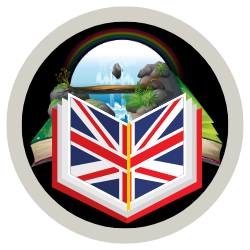Conjugation of the verb to have
INDICATIVE
-
-
-
-
-
-
-
-
-
-
-
-
CONDITIONAL
-
-
-
-
IMPERATIVE
-
INFINITIVE
-
PARTICIPLE
-
-
Improve your conjugation skills with our English conjugator
INDICATIVE
CONDITIONAL
IMPERATIVE
INFINITIVE
PARTICIPLE
Improve your conjugation skills with our English conjugator
Our online English conjugator is a tool to conjugate any verbs in all tenses. You can use it for free to improve your conjugation skills. It can handle phrasal verbs (ask for, back up, etc.) and irregular verbs (go, take off, come). If you would like to know more about verb tenses, check our lesson on the following topics:
- Present simple
- Present continuous (or present progressive)
- Present perfect
- Present perfect continuous
- Past simple
- Past continuous
- Past perfect
- Past perfect continuous
- Future simple
- Future continuous
- Future perfect
- Future perfect continuous
- Modal verbs
English verbs have many forms. You need to learn them all and use them correctly for people to understand you better. The most difficult part is irregular verbs, which do not follow standard rules. Therefore, you must remember them by heart. It is also important to know how to change the verbs to match who’s doing something and when it’s happening. For example, “run” can become “ran” or “running” depending on the situation. Our tool is here to help you with this!
Verbs tell us about actions. They can tell us if something has already happened, is happening right now, or will happen in the future. For more information, check our lesson on different types of verbs in English.
Languages evolve over time; new words come in, and existing words might be used differently in the future. We keep track of these potential changes so that you always get the most up-to-date help. However, if you notice that we miss any verbs, please let us know so we can update our database.

